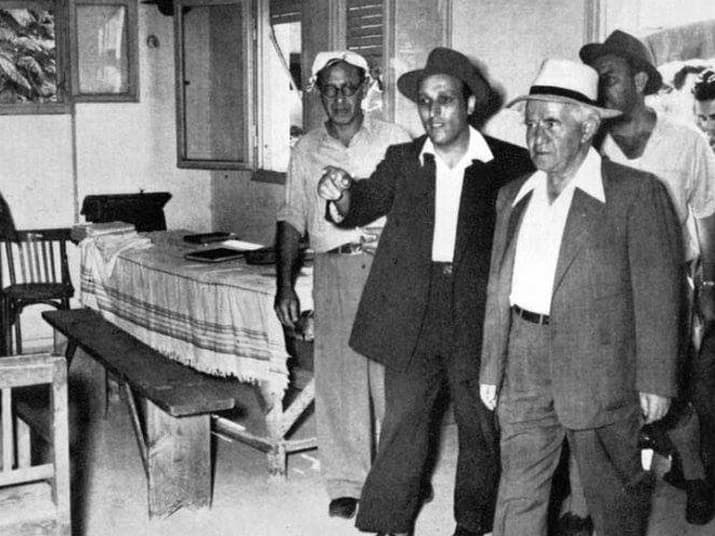Israel’s Supreme Court Gives the IDF New Marching Orders
What was the aim — and the standing — of the high judges of the Jewish state in ordering the government to draft its most fervently Orthodox?

The legal case over the drafting of charedim, or fervently Orthodox, reminds us of the yarn of a deliberating Beit Din, or religious court. The first party makes his case, and the rabbi affirms him as correct. The second party takes his turn, and the rabbi says that he too has the best of the argument. A third litigant questions how both sides can be right. The rabbi then exclaims “And you’re right, too.” That is a little bit how we feel about the ruling roiling Israel.
The unanimous decision of Israel’s Supreme Court that the government must begin to draft the fervently Orthodox into the Israel Defense Forces pits the black robes against the black hats. Nine jurists determined that there is no legal basis to exempting the charedim from military service. Never mind that they have been protected from the draft since the state’s founding, in 1948. The ruling could fracture a duly elected wartime government.
Was that the court’s aim? It has been locked in an extended clash with Mr. Netanyahu, a contest that mostly had taken a hiatus during these months of war. Now, it appears to be back in full swing. At stake is the Jewish state’s democratic core, embodied by the Knesset. It had sought to tame the power of the country’s top court, where, as we have written, “Israel’s high jurists exercise power in ways unknown in other democracies.”
In January, Israel’s Supreme Court flexed its muscles in ways that bruised the very notion of representative government. It used a “reasonableness” standard to bar the leader of the Shas Party, Aryeh Deri, from serving in government. It then, by an eight to seven margin, ruled as unconstitutional a law that sought to limit its reliance on such a standard. Now it scotches a bedrock arrangement that has held since the days of Ben-Gurion and the Chazon Ish.
The blanket exemptions expired last year, and Mr. Netanyahu’s government, which comprises charedi parties, passed a resolution instructing the IDF to abstain from drafting charedi religious students while a more permanent solution was sought. The court now finds that the resolution exceeded the government’s authority and that “there is no legal basis for avoiding the recruitment of yeshiva students.” It declined to opine on the “scale of enlistment.”
The high court also permanently barred the state from funding yeshivas in which the charedim study in lieu of serving in the military. The ruling was a rout, and the response has been vociferous. One charedi cabinet minister, Yitzhak Goldknopf, took to X to declare that “The state of Israel was established in order to be a home for the Jewish people whose Torah is the bedrock of its existence. The holy Torah will prevail.”
It is difficult, after all, to envision a Jewish state without the Torah — one might as well have Zionism without Zion. The safety of the halls of study, though, and those who study in them day and night, is vouchsafed by those who are now serving at Rafah and Khan Younis. Here in America, these columns argue for the draft — so long as it’s not fair. Meaning, we want the army to decide whom it needs to win the war. The aim is victory.
Israel is in an existential fight against Hamas in the south, Hezbollah in the north, and Iran to the east. The IDF maintains that it can draft 3,000 charedi soldiers this year. Already, around 1,800 charedim enlist every year, contributing to the defense of the Jewish state as best they can. In the desperate hours after October 7, the world saw the Jewish state call up 360,000 reservists. It would be like America calling up overnight 18 million men and women.
We confess that the unanimity of the court troubles us, in the same way that the Sanhedrin was troubled by unanimity in capital cases. In such a circumstance they feared that the defense might have been inadequate. We get that the court’s ruling will feel like justice to many. To us, though, it looks like one step in a long struggle — another challenge to Mr. Netanyahu’s government, the only fully democratically elected one in the Middle East.

